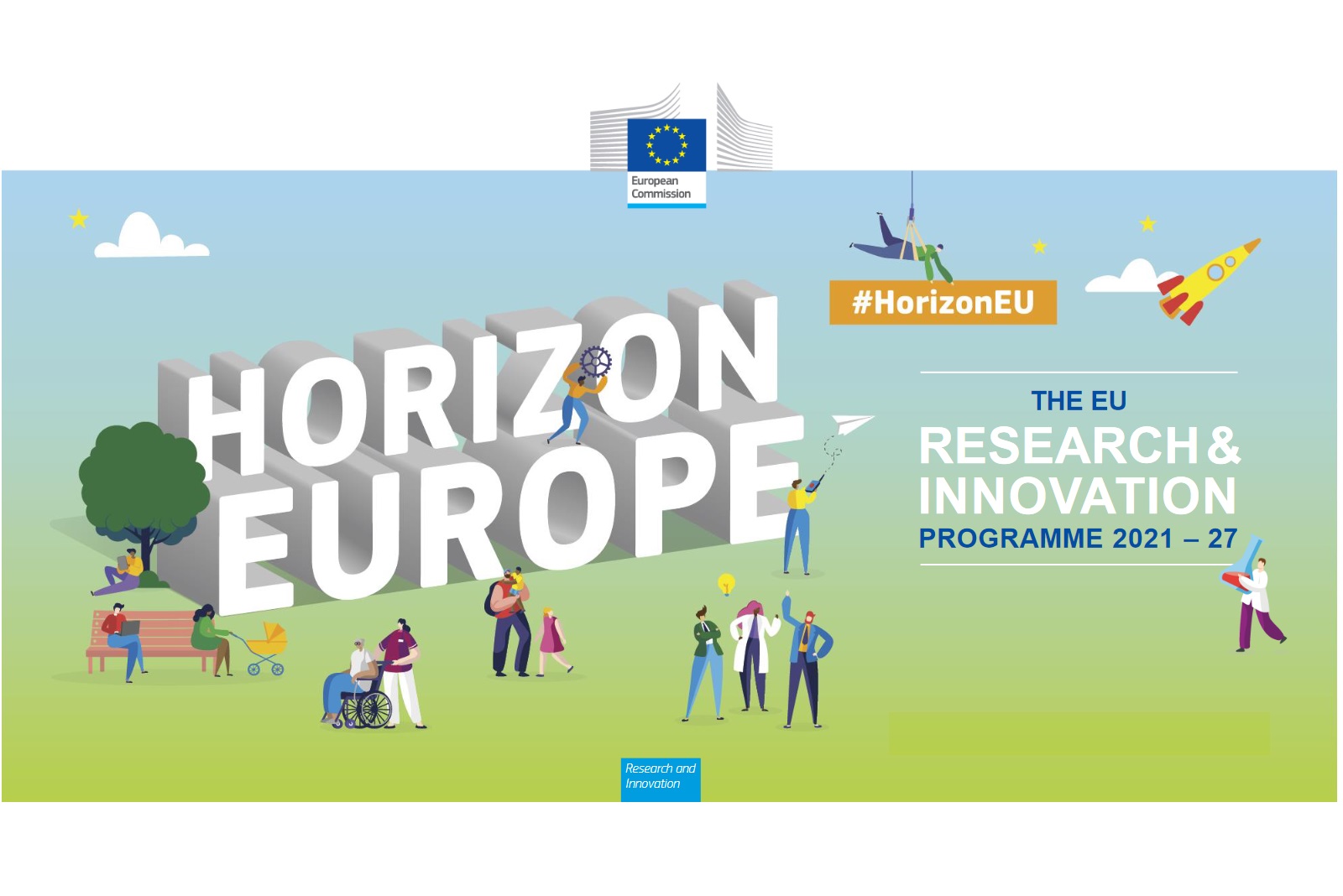
New production and distribution trends (e.g. globalisation, lean manufacturing, just-in-time inventory) as well as emerging digital technologies have introduced new kinds of challenges to the supply chain. Together with resilient and smart infrastructures, new concepts, innovative solutions and better cooperation of operators are needed for freight transport to minimise the negative impacts of disruptions, shorten the recovery and ease the transition time.
Research and innovation actions will have to bring together stakeholders at various level, from supply chain (e.g. manufacturers, retailers, freight forwarders and logistics service providers), transport services (e.g. transport operators, enforcing authorities) and infrastructure networks (e.g. road / rail / inland waterways operators and transport node public authorities) to ensure a truly integrated and jointly acceptable approach.
Proposals will have to:
- Evaluate the resilience of strategic logistics networks and their related data and IT systems and propose management systems and operations, including alternative networks and transport services, to increase their resilience against natural, accidental and human triggered disruptive events. Proposed concepts and solutions should be suitable to increase the resilience and sustainability of the entire transport network. Lessons learnt from the COVID-19 crisis on how to make supply chains concurrently more resilient to large-scale shocks and environmentally friendly should be considered.
- Develop and demonstrate how synchro-modal approaches (shipment split and merge, dynamic synchronisation of multimodal schedules, realignment in case of disruptions etc.) provide resilience and sustainability by design to the freight transport and logistics networks in which these services are operated.
- Develop business intelligence capabilities, such as intermodal freight corridor performance and resilient measurement and assessment (e.g. evaluate what could be the alternative logistics networks and services to manage a failure in a main infrastructure in a transport corridor).
- Define new business models able to be adopted by the sector in the short-medium term and propose business/regulatory roadmaps and recommendations to support the adoption of the new proposed approaches and other solutions enhancing the capability to manage disruptions.
Social innovation is recommended when the solution is at the socio-technical interface and requires social change, new social practices, social ownership or market uptake.
Establishing synergies with projects funded under the Cluster 3 Civil Security for Society topic ‘Ensured infrastructure resilience in case of Pandemics’ could be envisaged.

